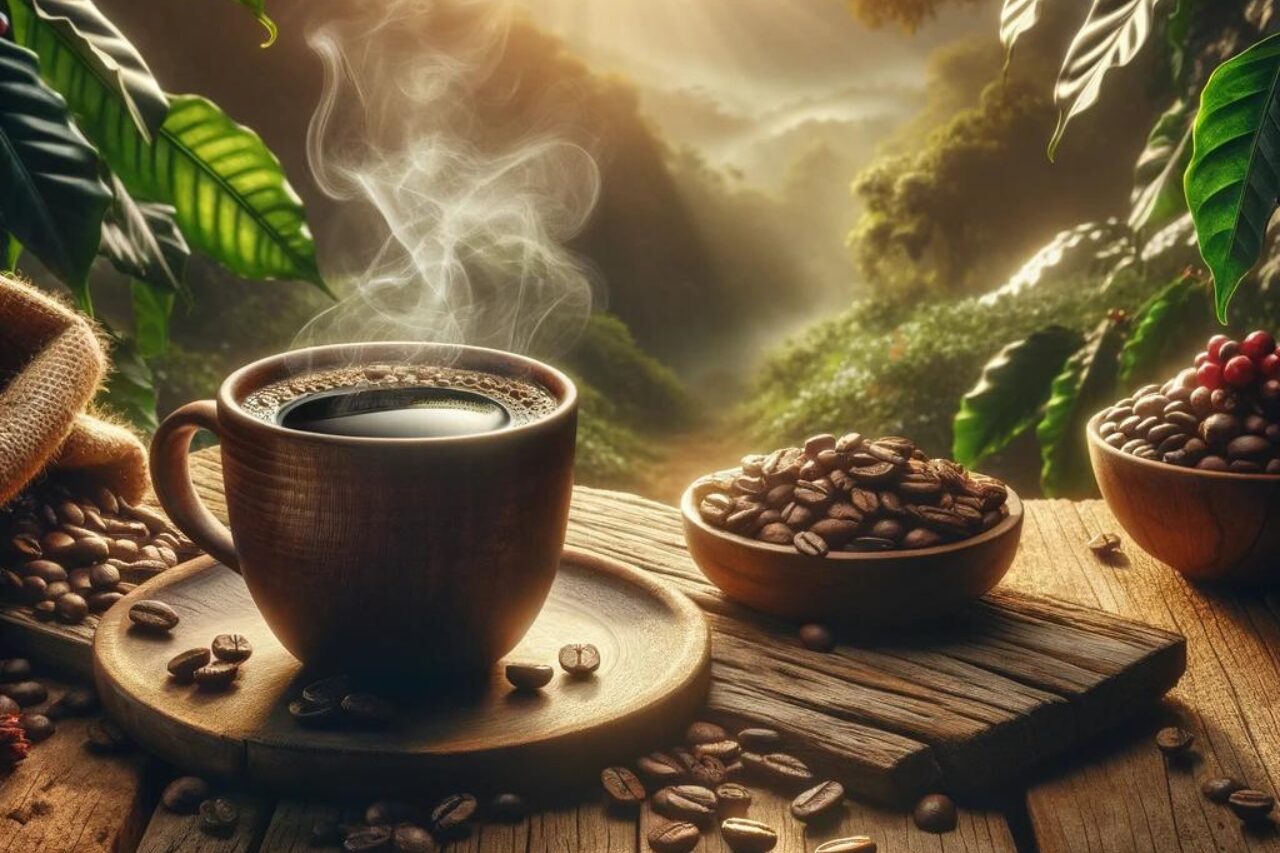-

What Is The Best Arabica Coffee? Discover Your Favorite Brew
The best Arabica coffee is one of the most cherished varieties in the world and with good reason. Its superior qualities make it a favorite among coffee enthusiasts. As we guide you through the fascinating and delicious world of coffee, we will highlight why Arabica coffee enjoys such widespread acclaim and introduce you to the…
